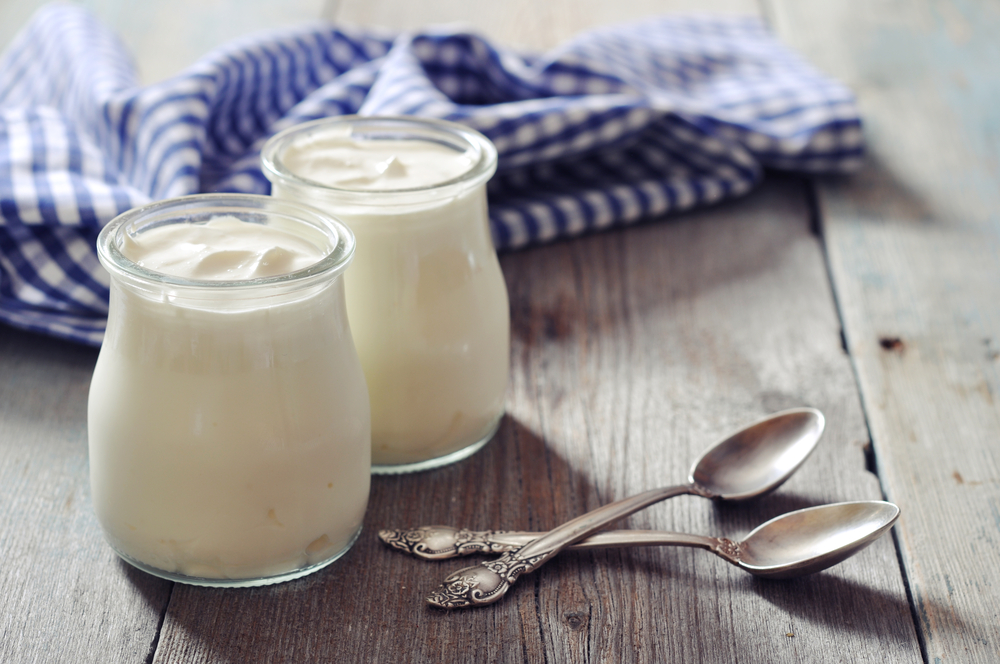Food additives called emulsifiers may be behind the increase in colon cancer seen in recent decades, as researchers discovered that they trigger low-grade gut inflammation and promote tumor formation in mice.
Researchers believe the additives, used to improve texture and shelf life in food, contribute to inflammation by changing the composition of the gut bacteria, promoting the growth of more inflammatory species.
The study, “Dietary emulsifier-induced low-grade inflammation promotes colon carcinogenesis,” recently appeared in the journal Cancer Research.
Gut inflammation, seen in severe forms in patients with inflammatory disease, has been one of the most commonly cited risk factors for colon cancer. But less severe forms of chronic gut inflammation have also been linked to cancer development.
Because the use of food additives fits the time frame of the increase in colon cancer cases, researchers at Georgia State University explored how two such compounds affected the gut. Earlier studies have shown that emulsifiers promote low-grade inflammation and allow bacteria to travel across the epithelial cell layer lining the gut.
“The dramatic increase in these diseases has occurred amidst constant human genetics, suggesting a pivotal role for an environmental factor,” Benoit Chassaing, assistant professor in the Institute for Biomedical Sciences at Georgia State and the study’s senior author, said in a news release.
The research team fed mice the two commonly used emulsifiers, polysorbate 80 and carboxymethylcellulose, mimicking the amounts many people consume in processed foods. The compounds dramatically changed the composition of bacterial species in the gut, giving species that trigger inflammation a push.
To get more specific insights into how emulsifiers may impact cancer, the team also used mice with a genetically determined high risk of developing colon cancer. Feeding the mice emulsifiers increased colon cancer development in the mice. The increase was linked to a change in their gut microbe composition.
It also changed the balance between the expansion and death of gut epithelial cells, a factor that scientists believe controls tumor development.
Finally, to exclude the possibility that emulsifiers acted through another mechanism, the team fed the compounds to germ-free mice and found that it did not impact their gut health at all. Instead, transferring gut bacteria from emulsifier-fed mice to germ-free mice triggered changes in the epithelial cells.
Since the experiments could only determine a change in the type of bacteria present, the team is now focusing on identifying specific species that trigger the tumor-promoting effects.


